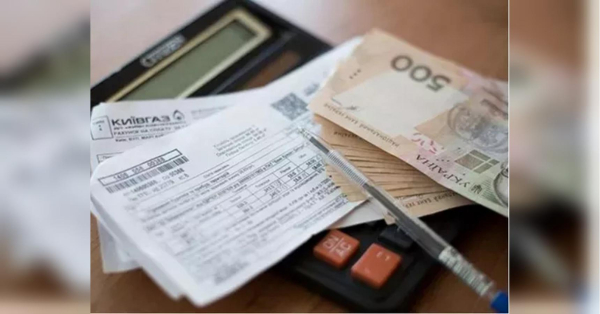
ANKARA, Turkey — Turkey’s central bank raised its key interest rate by an aggressive 7.5 percentage points on Thursday, a larger-than-expected boost that offers a new sign of a return to more traditional economic policies under President Recep Tayyip Erdogan.
The bank hiked its policy rate to 25% as it continues to backtrack from a rate-cutting course set by Erdogan, which has been blamed for inflaming a cost-of-living crisis. Many households have been left struggling to afford rent and basic goods as inflation has surged.
The increase “will go a long way towards reassuring investors that the shift back to policy orthodoxy is on track,” London-based Capital Economics research firm wrote in an analyst note.
It called the move a surprise as most analysts expected a much smaller bump in borrowing costs.
“As far as Turkey’s macroeconomic outlook is concerned this could be a game-changer,” the firm said.
Erdogan has long argued that lowering interest rates helps fight inflation, a theory that runs contrary to traditional economic thinking.
Central banks around the world have been hiking rates to bring consumer price rises under control following the COVID-19 pandemic and Russia’s war in Ukraine. The Turkish central bank, however, started cutting rates in late 2021 under pressure from Erdogan.
After winning reelection in May, Erdogan appointed a new economic team, signaling a return to more conventional policies.
The team includes former Merrill Lynch banker Mehmet Simsek, who returned as finance minister, a post he held until 2018, and Hafize Gaye Erkan who took over as central bank governor. The first woman to hold that position, Erkan was previously co-chief executive of the now-failed San Francisco-based First Republic Bank.
Following Erkan’s appointment, the bank raised the key policy rate by 6.5 percentage points, to 15%, in June and then by 2.5 percentage points, to 17.5%, in July.
Before that, the central bank had cut its key interest rate from around 19% in 2021 to 8.5% earlier this year. Erdogan has fired three central bank governors who resisted pressure to cut rates before appointing Erkan’s predecessor in 2021.
The higher borrowing costs announced Thursday come as inflation reached 47.83% in July, down from a peak of more than 85% in October. Independent economists, however, say the real inflation rate is much higher — at nearly 123%.
“We are decisively taking steps to eliminate the problems inflicted on the lives of our people by inflation,” Erdogan said in a speech.
The top central banker has estimated that inflation will reach 58% at the end of the year — up from the 22.3% her predecessor had predicted.
To combat the spike in prices, the bank said it “decided to continue the monetary tightening process in order to establish the disinflation course as soon as possible, to anchor inflation expectations, and to control the deterioration in pricing behavior.”
“We are determined,” Simsek, the economy minister, wrote on X, the platform formerly known as Twitter. “Price stability is our top priority.”
Economists say Erdogan’s unorthodox policies exacerbated economic turmoil, leading to currency and cost-of-living crises that have brought hardship to households. Erdogan insists his economic model stimulates growth, exports and employment.
The Turkish lira — which has lost some 30% of its value against the U.S. dollar since the start of the year — was up by 3% against the greenback Thursday.
Experts say the central bank has depleted its foreign currency reserves as it tried to prop up the currency ahead of May’s elections.
Sourse: abcnews.go.com






